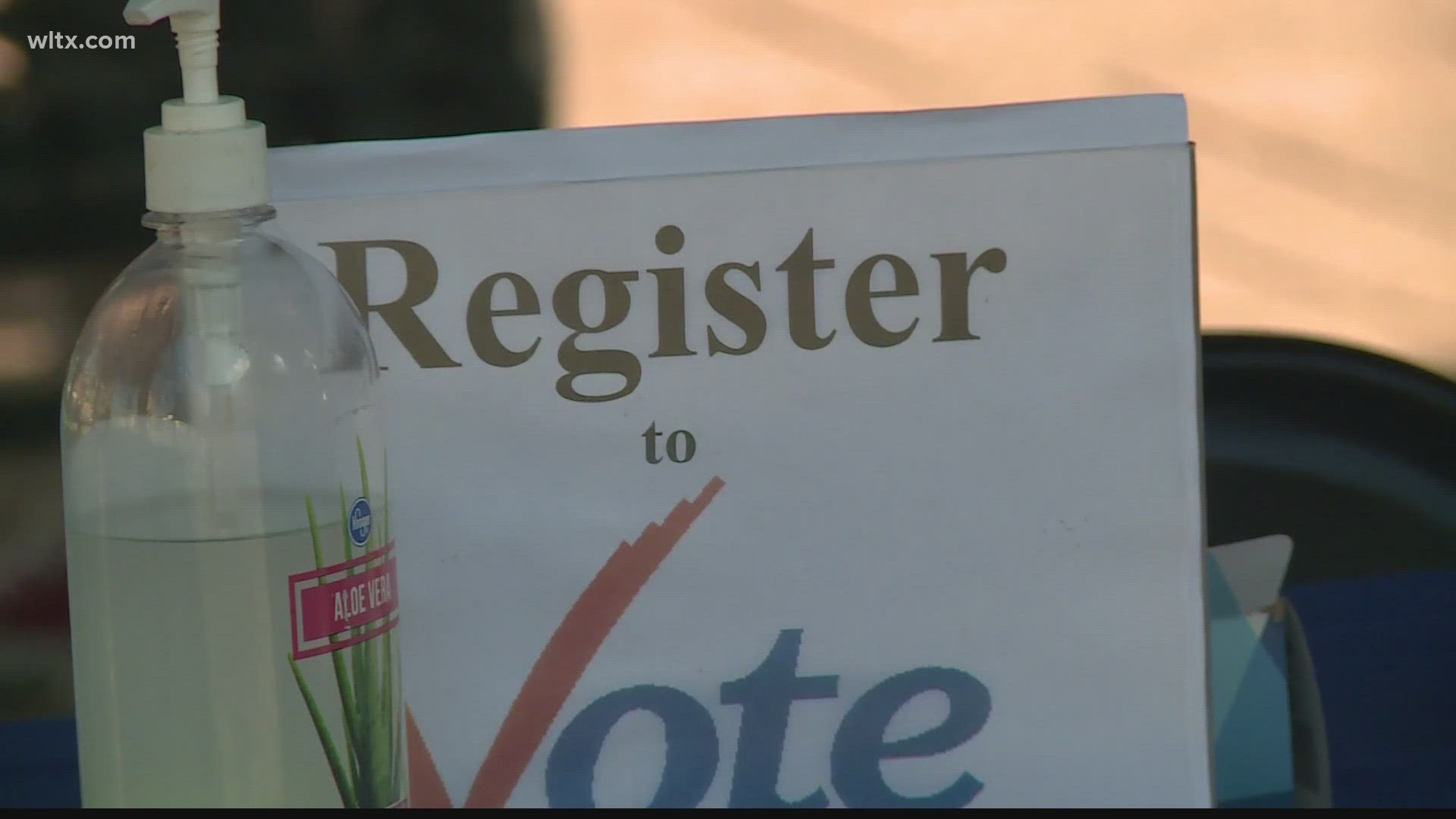COLUMBIA, S.C. — There are several components that are behind the scenes when it comes to local and state elections in the Palmetto State, and they are in place for transparency and ethics.
Here's what you need to know you have access to as a voter.
Candidates running for office here in South Carolina, whether local or state have to follow protocol.
According to the South Carolina State Election Commission, all candidates, except President, seeking a political party's nomination to run in a general or special election must file to run for office with the appropriate election office.
They submit a statement of intention of candidacy, which anyone can access at scvotes.gov.
As far as the State Ethics Commission, "When it comes to local elections and state elections, our role is to receive information from candidates for office regarding their campaign disclosures. Campaign disclosures are financial documents that disclose to the public the contributions that go into a candidate's campaign checking account, as well as any expenditures made on behalf of a candidate," said Meghan Dayson, executive director of the SC State Ethics Commission.
This means, you as a voter have access to specific information about potential candidate's money incoming and outgoing.
The SC Ethics Commission explains candidates are required to file campaign disclosures and statements of economic interest. This is initially once they raise or spend $500 and then quarterly after that, with a pre-election report due between October 18 and 23 this year for the November election, including everything from the previous quarter deadline into right before the election.
Dayson says candidates must continue filing quarterly win or loose as long as there's money in their campaign checking account.
She adds that if candidates want to stop reporting their monies quarterly, they need to prorate contributions and give them back to the donor, or donate their dollars to a registered 501c3 or the State General Fund.
"The ethics act sets the guardrails for our public officials in terms of what conduct is allowable and what conduct is illegal under state law," Dayson said.
According to the SC Ethics Commission, in the 2022- 2023 fiscal year, it opened over 2,000 noncompliance cases, with probable cause found in 85 cases.
The agency says over 8,000 calls were fielded assisting filers with their Ethics Commission requirements.

